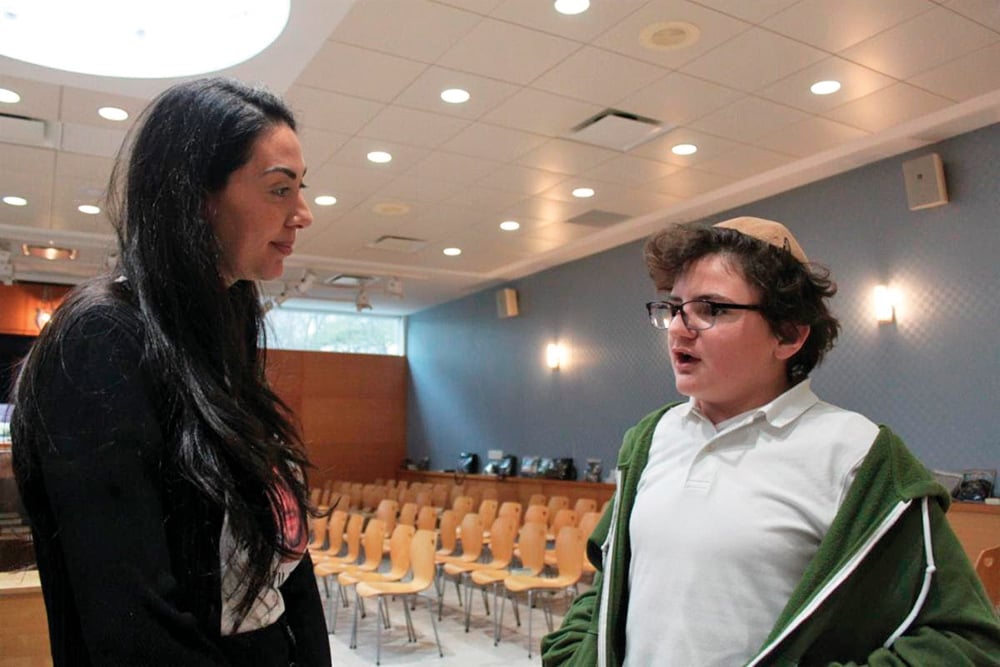
Now that summer is in full swing, everyone is heading into the great outdoors for fun and fitness. For children, nothing is more appropriate for summer than taking a bicycle ride out for an afternoon adventure. Children get important cardiovascular exercise from bicycle riding, as well as a chance to experience the outdoors.
However, safety should also be kept in mind. It is the law in New York and New Jersey that every child must wear an approved helmet when riding his or her bicycle. The helmet must fit snugly and not hamper the child’s vision. It should be in good condition.
Children should also wear a helmet in other activities, such as rollerblading, skateboarding and riding scooters.
Parents should also consider including other protective gear for their children, such as knee pads, elbow pads and hand splints.
How should parents respond to injury?
Invariably, children are prone to accidents. How a parent should respond to his child’s injury depends on its severity. This is especially true for head injuries.
If your child was knocked unconscious by a fall or has a bleeding laceration in the head or scalp, he should go to the emergency department immediately. If the child is crying immediately after the episode, it sometimes takes a few minutes to calm him down. Sometimes, a bump or red spot appears on the site of the injury, which can be soothed with an ice pack.
When a child has a loss of consciousness, amnesia (loss of memory) or confusion after a head injury, this is called a concussion. A concussion can sometimes be severe enough to warrant a visit to the emergency department. If there is ever any question regarding whether or not to take your child for immediate treatment, it is wisest to call your child’s pediatrician.
Keep a close watch afterwards.
Even after your child calms down and seems to be acting normally, watch for signs of injury in the brain. These can include sudden and forceful vomiting, lethargy, bouts of confusion, fussiness and unequal pupil size. If any of these occur over the course of 24 hours after the accident, the child should be brought to the emergency department for further evaluation. Sometimes, special imaging may be necessary to look for intracranial bleeds or fractures.
A child can have a post-concussive syndrome, which includes headaches, confusion or amnesia over a period of several days to months after an accident. It is important to follow up with your pediatrician if your child shows any of these symptoms.
Summertime can be fun and exciting, but a healthy amount of prudence is also important. Make sure your child is wearing proper protection when engaging in any activities, and seek the appropriate help when he gets injured.
By Dr. Emmanuel Martakis
Dr. Emmanuel Martakis is a pediatrician at Tenafly Pediatrics.













